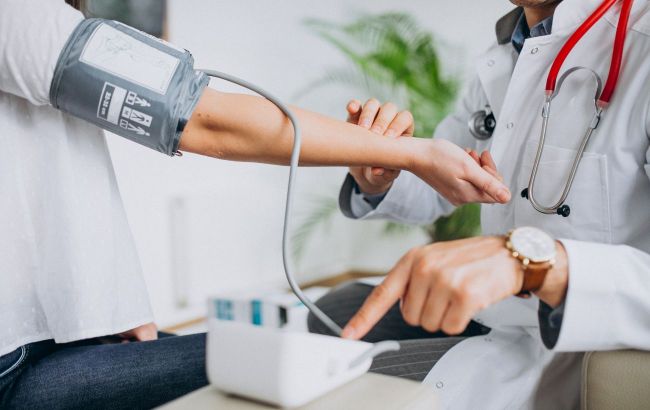Smoking and hypertension - What happens to your body
 Illustrative photo: Smoking harms the body (photo: Freepik)
Illustrative photo: Smoking harms the body (photo: Freepik)
Smoking can raise blood pressure, increasing the risk of cardiovascular diseases. Read below to see what happens to the body when you quit smoking, according to Verywell Health.
Substances in tobacco smoke cause blood pressure spikes
According to the journal Global Heart, even after the first puff, people experience a sudden rise in blood pressure. Smoking just one cigarette can cause a sharp increase in pressure of up to 20 mmHg for up to 30 minutes.
Over time, regular smoking almost inevitably leads to sustained (chronic) high blood pressure, known as hypertension.
When you smoke tobacco, your body is exposed to over 7,000 chemicals that can affect the circulatory system and blood pressure. Some of them contribute to:
-
Addiction – Nicotine is highly addictive and directly affects the nervous system. It triggers feelings of pleasure and stimulates the release of norepinephrine, which constricts blood vessels and raises blood pressure.
-
Carbon monoxide – Smoking releases carbon monoxide into the lungs and bloodstream. These molecules bind tightly to red blood cells, reducing oxygen levels in the blood. To compensate, the heart beats faster, raising blood pressure.
-
Oxidative stress – Smoking releases substances that create an imbalance between harmful free radicals and beneficial antioxidants, known as oxidative stress. High levels of free radicals can contribute to hypertension by damaging blood vessels.
Risk rises with prolonged smoking
A 2020 study published in the American Journal of Hypertension showed that cigarette smoking increases the risk of hypertension by 30%.
Data from 7,000 adults indicated that a critical threshold for hypertension occurs after five years of smoking a pack of cigarettes per day.
Cardiovascular diseases
The National Heart, Lung, and Blood Institute reports that over time, smoking can lead to sustained high blood pressure due to vascular damage and atherosclerosis.
When blood pressure consistently reaches 130/80 mmHg or higher, a person has hypertension. Such increases can raise the risk of cardiovascular diseases.
What happens when you quit smoking
According to the American Heart Association, regardless of how long or how much you smoked, quitting can significantly reduce the risk of hypertension and its complications. Benefits can appear very quickly:
-
Within 20 minutes after quitting – blood pressure normalizes
-
Within a few days – carbon monoxide levels in the blood return to normal
-
Within two weeks – circulation and lung function start to improve
-
Within 12 months – breathing gradually becomes clearer and deeper
-
3–6 years – risk of heart disease is reduced by half
-
5–10 years – risk of oral cancer drops by 50%
-
10 years – risk of lung cancer is halved.
This material is for informational purposes only and should not be used for medical diagnosis or self-treatment. Our goal is to provide readers with accurate information about symptoms, causes, and methods of detecting diseases. RBС-Ukraine is not responsible for any diagnoses that readers may make based on materials from the resource. We do not recommend self-treatment and advise consulting a doctor in case of any health concerns.

